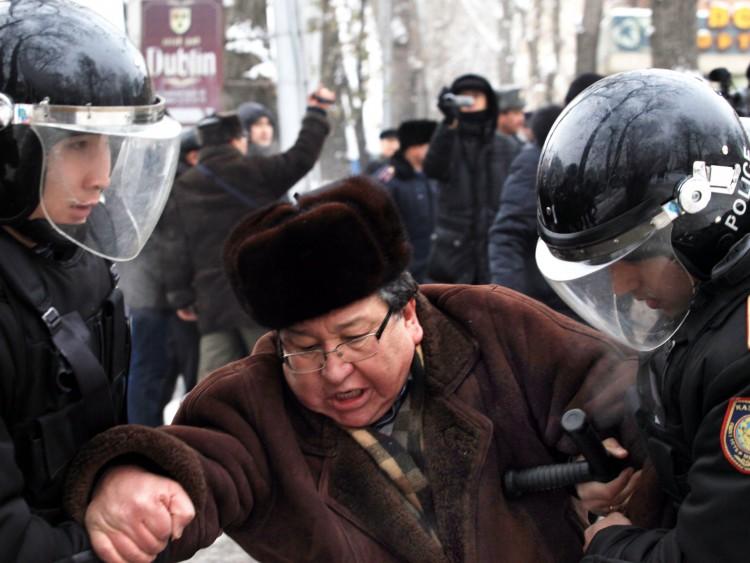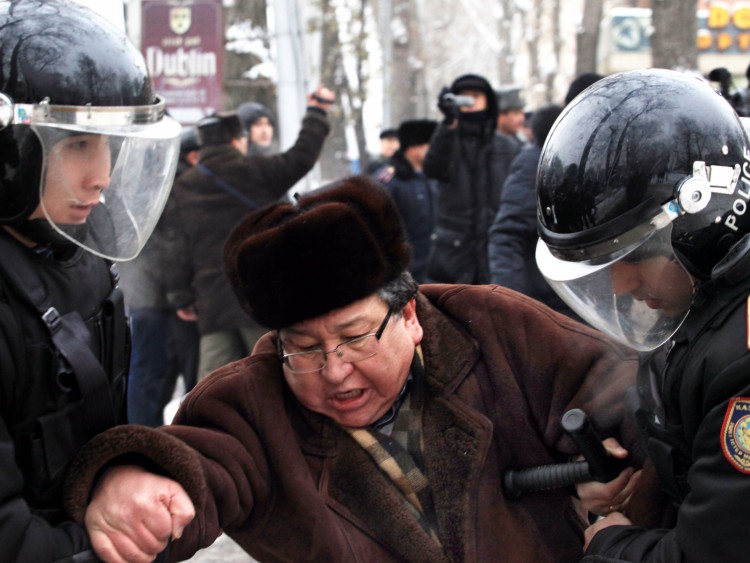The United Nations Human Rights Council was criticized Monday for electing members—specifically Ethiopia, Venezuela, Pakistan, Ivory Coast, Kazakhstan, and the United Arab Emirates—that do not meet the human rights standards for membership on the council.
“Year in and year out, the African Group’s rotation system has virtually guaranteed the election of countries like Ethiopia that are serious human rights violators,” said Hassan Shire, the head of the East and Horn of Africa Human Rights Defenders Project.
New York-based Human Rights Watch (HRW) blamed the election of countries with dubious records on the lack of competition for the seats.
“To call the vote in the General Assembly an ‘election’ gives this process way too much credit,” said Peggy Hicks, the global advocacy director at the HRW. “Until there is real competition for seats in the Human Rights Council, its membership standards will remain more rhetoric than reality.”
Previously, China, Cuba, and Russia were on the Human Rights Council but are leaving after this year, making way for a new round of countries. Ireland, Japan, the United States, and South Korea as well as 14 other states will take a turn on the council.
Newly elected Ethiopia has been frequently panned by watchdogs for censoring and jailing members of the media. Notably, the trial and imprisonment of Swedish journalists Martin Schibbye and Johan Persson this year who were covering a separatist group.
Pakistan has an even worse record than Ethiopia when it comes to attacks on journalists. In 2011, investigative journalist Saleem Shahzad was killed and showed signs of torture, with groups blaming his death on Pakistani intelligence agents. There have also been reports of the torture and disappearances of citizens at the hands of authorities.
Venezuela and its leftist president, Hugo Chavez, received harsh criticism when it opted to take a seat on the council. Human Rights Watch said in a letter last week that Venezuela’s “judiciary has largely ceased to function as an independent branch of government,” meaning that it has been essentially taken over by Chavez. HRW also slammed the country for limiting free speech and punishing critics of the government.
Thor Halvorssen of the Human Rights Foundation described this year’s selection as a “tyrannical victory” for Chavez, as well as conflict-ridden Ivory Coast, and Kazakhstan, which has been slammed by rights groups as operating as a dictatorship under Nursultan Nazarbayev, who has ruled the country since the early 1990s.
“Arrests, incarceration, and criminal prosecution of individuals who express opinions opposing the state is rampant,” said Halvorssen in describing Venezuela’s rights situation in an editorial published by the Huffington Post.
Kazakhstan is also rife with media censorship and rights violations, he said, pointing to last year’s Zhanaozen massacre in the western part of the country. In the incident, Kazakh riot police opened fire on striking oil workers, killing 10 people.
The Epoch Times publishes in 35 countries and in 19 languages. Subscribe to our e-newsletter.






